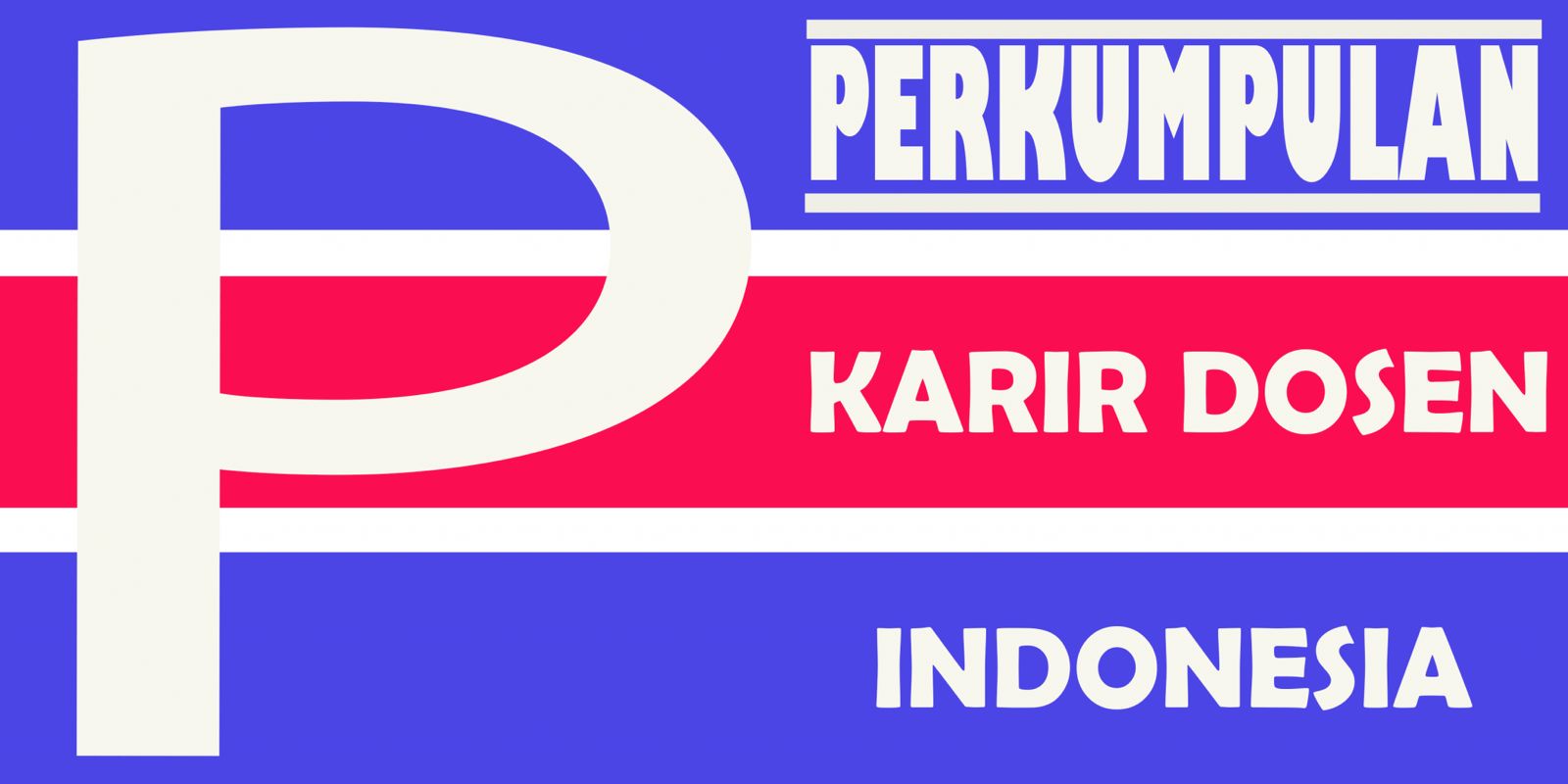Peer Review Process
Peer Review Process
Jurnal Ilmiah Universitas Satya Negara Indonesia (JISNI) employs a double-blind peer review process to ensure that all published articles adhere to the highest academic standards. In this process, the identities of both authors and reviewers are kept confidential to preserve the objectivity and integrity of the evaluation.
1. Peer Review Stages
1.1 Manuscripts Acceptance and Preliminary Assessment
• Submitted manuscripts will be reviewed by the editor to ensure alignment with the journal’s focus and scope;
• Manuscripts that do not conform to the journal's standards will either be rejected or returned to the author for revision prior to advancing to the next stage;
• The editor will also evaluate manuscripts for potential plagiarism using detection software, with a threshold of 25%. Manuscripts exceeding this limit will be returned to the author for revision or, if warranted, rejected.
1.2 Reviewer Assignment
• Manuscripts that successfully pass the initial screening will be forwarded to reviewers with expertise relevant to the research topic;
• A double-blind peer review process is employed, ensuring that the identities of both authors and reviewers remain confidential;
• Reviewers are allocated a period of 2 to 4 weeks to assess the manuscript.
1.3 Reviewer Evaluation
Reviewers will assess manuscripts based on several key criteria, including:
• Novelty and scientific contribution to the relevant field;
• Accuracy of methodology and the application of theory;
• Clarity of analysis and the presentation of data;
• Conclusions supported by research findings;
• Quality of language and scientific writing.
Based on their evaluation, reviewers will provide one of the following recommendations:
1. Accepted without revision – The manuscript is deemed suitable for immediate publication;
2. Accepted with minor revisions – The manuscript can be accepted pending minor improvements to specific sections;
3. Accepted with major revisions – The manuscript requires substantial revisions before it can be reconsidered for publication;
4. Rejected – The manuscript does not meet the journal's scientific standards and is not suitable for publication.
1.4 Revisions by the Author
• Authors are provided with a period of 2 to 3 weeks to revise the manuscript based on reviewer feedback;
• If revisions are not submitted within the specified timeframe, the manuscript will be considered withdrawn;
• Upon submission of the revised manuscript, the editor will conduct a final review to ensure that all reviewer recommendations have been adequately addressed.
1.5 Final Decision
• The editor will assess whether the manuscript meets the publication standards based on the revisions made;
• If necessary, the manuscript may be sent back to the reviewer for re-evaluation;
• The final decision regarding publication rests solely with the editor-in-chief.
1.6 Publication
• Accepted manuscripts will undergo copyediting and layout processes prior to publication;
• Authors will receive a final proof for review before the manuscript is officially published in the journal.
2. Ethics Policy in Peer Review
• Reviewers and editors are required to maintain the confidentiality of the manuscript’s content throughout the review process;
• Reviewers are prohibited from using any information within the manuscript for personal gain;
• In the event of a conflict of interest, reviewers must promptly disclose it to the editor.
Through this peer review system, JISNI ensures that every published article adheres to the highest academic standards and makes a meaningful contribution to the advancement of knowledge.
Peer Review Process
Jurnal Ilmiah Universitas Satya Negara Indonesia (JISNI) menerapkan proses double-blind peer review untuk memastikan bahwa setiap artikel yang diterbitkan memenuhi standar akademik yang tinggi. Dalam proses ini, identitas penulis dan reviewer dirahasiakan untuk menjaga objektivitas dan kualitas evaluasi.
1. Tahapan Peer Review
1.1 Penerimaan dan Pemeriksaan Awal
• Naskah yang dikirimkan akan diperiksa oleh editor untuk memastikan kesesuaian dengan fokus dan lingkup jurnal.
• Naskah yang tidak sesuai akan ditolak atau dikembalikan kepada penulis untuk revisi sebelum masuk ke tahap selanjutnya.
• Editor akan melakukan pengecekan indikasi plagiasi menggunakan perangkat lunak deteksi plagiasi dengan batas maksimal 25%. Jika melebihi batas, naskah akan dikembalikan kepada penulis untuk revisi atau ditolak.
1.2. Penugasan Reviewer
• Naskah yang lolos tahap awal akan dikirim kepada reviewer yang memiliki keahlian sesuai dengan topik penelitian.
• Proses double-blind peer review diterapkan, di mana identitas penulis dan reviewer dirahasiakan.
• Reviewer diberikan waktu 2-4 minggu untuk memberikan penilaian terhadap naskah.
1.3. Evaluasi oleh Reviewer
Reviewer akan mengevaluasi naskah berdasarkan beberapa aspek, termasuk:
• Kebaruan dan kontribusi ilmiah terhadap bidang ilmu terkait.
• Keakuratan metodologi dan penerapan teori.
• Kejelasan analisis dan penyajian data.
• Kesimpulan yang didukung oleh temuan penelitian.
• Kualitas bahasa dan tata tulis ilmiah.
Reviewer akan memberikan rekomendasi sebagai berikut:
1. Diterima tanpa revisi – Naskah dapat langsung diterbitkan.
2. Diterima dengan revisi minor – Penulis harus memperbaiki beberapa bagian sebelum diterima.
3. Diterima dengan revisi mayor – Naskah memerlukan perbaikan signifikan sebelum dapat dipertimbangkan untuk publikasi.
4. Ditolak – Naskah tidak memenuhi standar ilmiah jurnal dan tidak dapat dipertimbangkan untuk publikasi.
1.4. Revisi oleh Penulis
• Penulis diberikan waktu 2-3 minggu untuk melakukan revisi berdasarkan masukan dari reviewer.
• Jika revisi tidak dikirim dalam batas waktu yang ditentukan, maka naskah dianggap ditarik (withdrawn).
• Setelah revisi dikirimkan, editor akan melakukan pengecekan akhir untuk memastikan semua saran reviewer telah diimplementasikan dengan baik.
1.5. Keputusan Akhir
• Editor akan menentukan apakah naskah telah memenuhi standar publikasi berdasarkan hasil revisi.
• Jika diperlukan, naskah dapat dikirim kembali ke reviewer untuk verifikasi ulang (re-review).
• Keputusan akhir publikasi sepenuhnya berada di tangan editor-in-chief.
1.6. Penerbitan
• Naskah yang telah diterima akan melalui proses copyediting dan layouting sebelum diterbitkan.
• Penulis akan menerima proofread versi final sebelum naskah dipublikasikan secara resmi di jurnal.
2. Kebijakan Etika dalam Peer Review
• Reviewer dan editor harus menjaga kerahasiaan isi naskah selama proses review.
• Reviewer tidak diperbolehkan menggunakan informasi dalam naskah untuk kepentingan pribadi.
• Jika reviewer memiliki konflik kepentingan, mereka harus segera melaporkan kepada editor.
Dengan sistem peer review ini, JISNI memastikan bahwa setiap artikel yang diterbitkan memiliki standar akademik yang tinggi dan memberikan kontribusi signifikan terhadap perkembangan ilmu pengetahuan.





